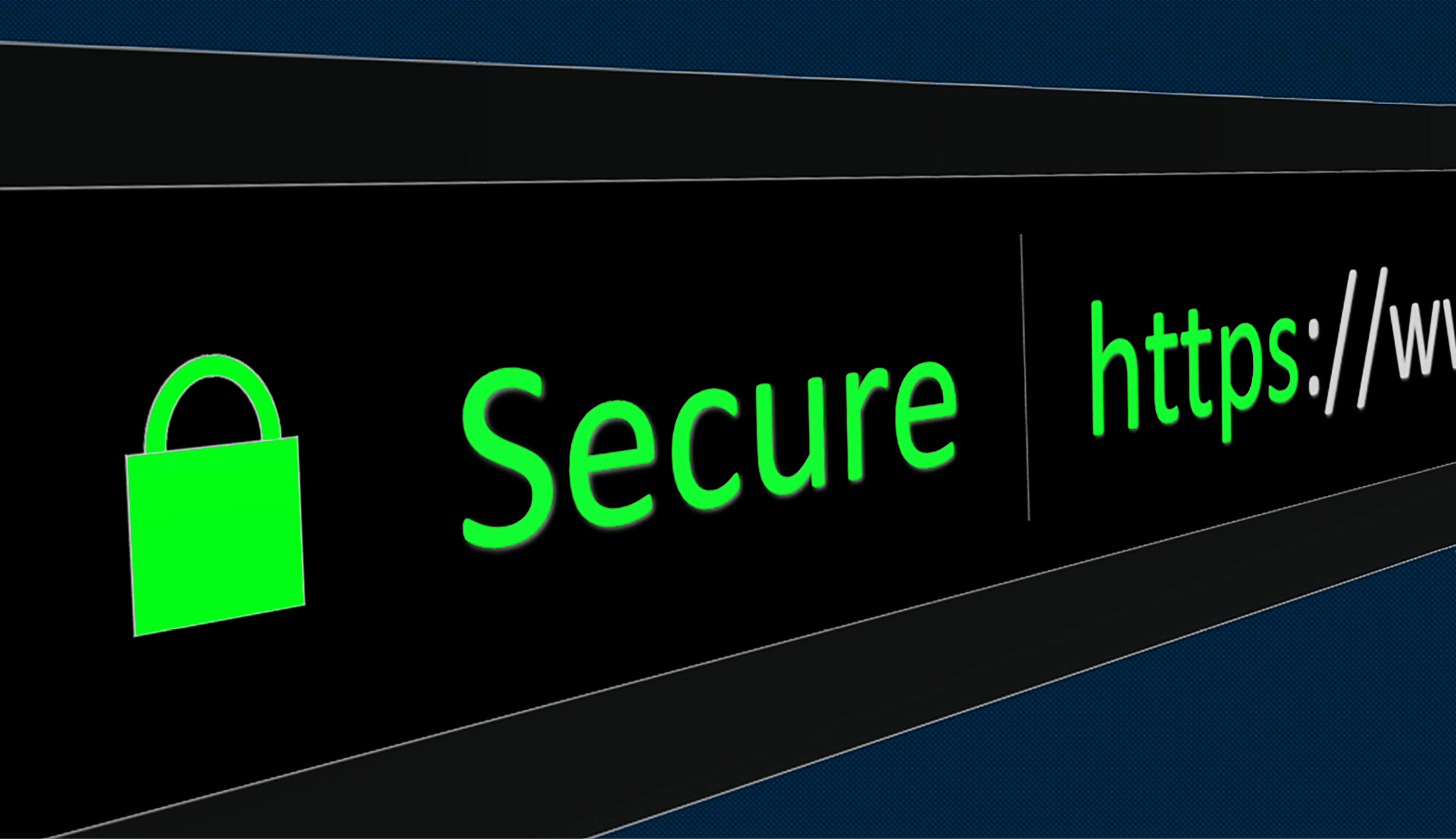Safe web browsing is our frontline defense against hackers accessing your devices and wreaking havoc on your life. To avoid falling prey to an attack, follow the guidelines below provided by our IT Risk and Compliance Team:
Exercising Caution with Links and Attachments: Irrespective of the sender’s familiarity, every link and attachment warrants careful scrutiny. Verify the authenticity of each URL by hovering your cursor over the link before clicking.
Mitigating Phishing Risks: Phishing scams often disguise themselves as communications from trusted sources. Watch out for unusual email addresses, unexpected requests, or anomalies in the language used. When in doubt, consult with our Information Security team before taking any action.
Prioritizing Secure Websites: As a rule of thumb, opt for websites that start with ‘https://’. The ‘s’ signifies a secure site where all communications between your browser and the website are encrypted.
Staying Updated: Regularly updating your devices, browsers and software is essential. These updates often incorporate crucial security patches that shield your system against known vulnerabilities.
Limiting Public Wi-Fi Usage: Public Wi-Fi networks generally lack adequate security measures, making them a favored hunting ground for hackers. Avoid using these networks when possible. If necessary, make use of a reputable Virtual Private Network (VPN) to encrypt your data.
Maintaining Robust Passwords: Your passwords should be strong and unique, consisting of a combination of letters, numbers, and symbols. Refrain from using the same password across multiple platforms.
For additional pitfalls to avoid when browsing the web, click on the PDF below (and share you’re your friends and family!)
At Republic Services, we maintain controls to help protect our networks, devices and people, but we also rely on you to help with our defense. If you believe that you have fallen for a phishing scam at work or have questions, contact InfoSec@republicservices.com.
Thank you for helping to keep our organization safe from cybercrime.


